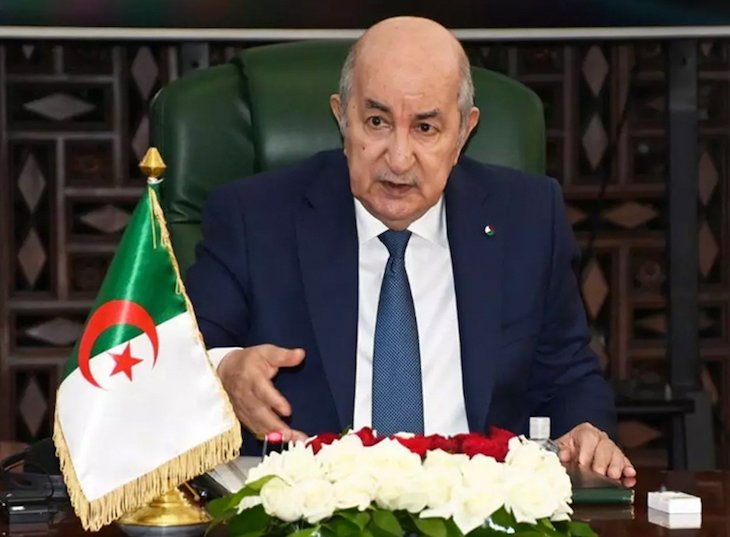By Riad Beladi
- Agriculture: Algeria has a diverse range of agricultural products, including wheat, barley, dates, olives, citrus fruits, and vegetables. These products could be exported to other countries, particularly in the Middle East and North Africa region.
- Mining: Algeria is rich in natural resources, including iron ore, zinc, lead, copper, and phosphate. These minerals could be exported to other countries for use in manufacturing and construction.
- Textiles: Algeria has a growing textile industry that could be expanded to produce clothing and other textile products for export.
- Tourism: Algeria has more then any north African country to offer to visitors. cultural heritage and natural beauty, including the Sahara desert, ancient Roman ruins, and beautiful Mediterranean coastline. Developing the tourism sector could be a major source of foreign exchange earnings. The problem it is the one of the most difficult country to obtain a visas . lack of infrastructures., Not enough marketing . no PR , Unlike neighbouring countries Algerian people do not see foreigners as a walking wallet, it is the opposite, Algerian are very generous and proud and hospitality is a nature to them. On the top over 5 million Algerian people living abroad if they come back to the country once a year with a $1000 that would add an important amount to the revenueOverall Algeria can reach a $8 billion in revenue from tourism if the authorities played the right cards
- Manufacturing: Algeria has a developing manufacturing sector that could produce a range of products for export, including machinery, electronics, and consumer goods. It is very cheap to produce. population of 44 million with 50% under the age of 40 a good education, most of the population are university graduates . Obstacle : Algerian Dinar is subsidised Currency. it means when the private sector import raw materials , it would not be their true value. The state will lose money if a producer export
The problems with a subsidised Dinar
- Inefficient use of resources: When a currency is subsidised, it creates a distorted market in which the price of the currency does not reflect its true value. This can lead to inefficient use of resources as companies and individuals may make investment decisions based on the subsidised exchange rate rather than market demand.
- Misallocation of resources: The subsidy of the dinar can also lead to a misallocation of resources as companies and individuals may focus on activities that are not economically viable in the absence of the subsidy.
- Increased fiscal burden: Subsidizing the dinar can also place a significant burden on the government’s finances, as it will need to provide funds to the central bank to maintain the subsidy. This can divert resources away from other areas of the economy that require investment.
- Limited foreign investment: The subsidised dinar can also discourage foreign investment in Algeria, as it creates an uncertain business environment and makes it difficult for investors to accurately assess the country’s economic potential.
Algeria to reach $15 billion in revenue outside Oil and Gas if it adopts the right policies and investments in key sectors of the economy. Here are some potential strategies that could help Algeria achieve this goal:
- Diversify the economy: As mentioned earlier, Algeria’s economy is heavily reliant on the energy sector, which can be volatile due to fluctuations in global oil and gas prices. Diversifying the economy into other sectors, such as agriculture, manufacturing, tourism, and mining, can create new sources of revenue and reduce the country’s reliance on the energy sector.
- Improve the business environment: Algeria could attract more foreign investment by improving the business environment, including reducing bureaucracy, improving infrastructure, and implementing policies to protect foreign investors.
- Increase trade with other countries: Algeria could increase its exports to other countries by promoting its non-energy sectors, improving trade agreements, and reducing trade barriers.
- Increase domestic production: Algeria could increase its domestic production by investing in research and development, improving the availability of financing for businesses, and providing training to workers.
- Increase government efficiency: The government could improve efficiency by reducing corruption, streamlining public services, and increasing transparency.
Overall, reaching $15 billion in revenue will require a concerted effort from the Algerian government and private sector to diversify the economy, improve the business environment, increase trade, and increase domestic production.



